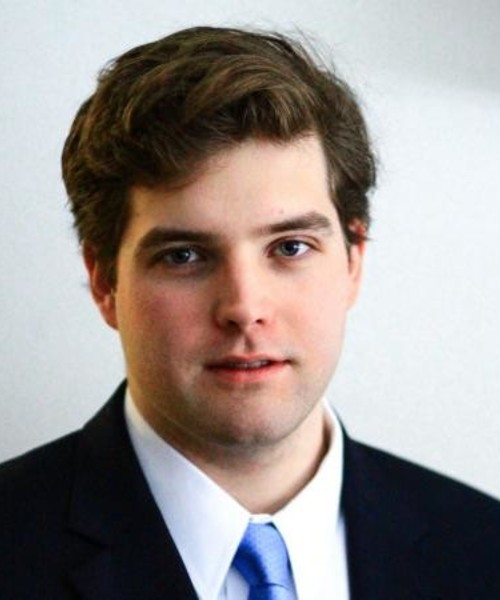Careers
Study Medieval Studies. Do Anything.
What can I do with a Medieval Studies major?
With an emphasis on close reading, precise textual analysis, careful writing, and vigorous discussion, Medieval Studies majors develop outstanding critical thinking and oral and written communication skills, as well as a heightened appreciation of history, language, religion, and culture.
With a course of study individually tailored to each student’s interests and goals, the Medieval Studies major at Notre Dame offers its graduates unsurpassed preparation for graduate school, law school, medical school, or various professions in business, government, education, publishing, ministry, curatorship, information/library science, and other fields.
Skills you'll learn
- Strong writing
- Critical thinking and analytical reasoning
- Effective oral communication
- Ability to analyze evidence and interpret difficult texts
- Ability to think carefully about multi-cultural and multi-religious societies
- Ability to analyze and solve problems with people from different backgrounds

Dennis Mahoney '12
Associate Attorney, Mayer Brown LLP
"I liked the cross-disciplinary nature of Medieval Studies—the ability to take classes on history, philosophy, and art all within the same major was what attracted me.
Courses I took on St. Thomas Aquinas, particularly Professor John O'Callaghan's Aquinas on Law and Virtue, were good preparation for the law school classroom's Socratic method. St. Thomas's short, punchy writing style is also good preparation for legal writing."
-
Dennis Mahoney '12
Associate Attorney, Mayer Brown LLP
"I liked the cross-disciplinary nature of Medieval Studies—the ability to take classes on history, philosophy, and art all within the same major was what attracted me.
Courses I took on St. Thomas Aquinas, particularly Professor John O'Callaghan's Aquinas on Law and Virtue, were good preparation for the law school classroom's Socratic method. St. Thomas's short, punchy writing style is also good preparation for legal writing."
-
Ryan Lash '10
Postdoctoral Fellow in Anthropology at the University of Notre Dame
“When we become aware that representations of history are so often implicated in substantiating culturally constructed narratives, we become more critical consumers of the sometimes value-laden representations of the past we’re exposed to, from high school text books to historic heritage sites.”
-
Mary Wheaton, '16
Upper School Social Studies Teaching Fellow at Elgin Academy in Elgin, Illinois
"What I loved about the Medieval Institute is that it allowed me to take courses across many departments and disciplines.
Medieval studies allows students to take classes in history, theology, languages, philosophy, art history, literature, etc. Why limit yourself to the study of just one when you can take many and then see how they connect?"
-
Luke Donahue, '17
Fulbright Scholarship Award
"The Medieval Institute on the seventh floor of Hesburgh Library was essential to my research, as were the library’s theology and reference collections.
The library provided well-trained librarians and curators who were willing to work with me and assist in my research.”
-
Patrick McCoy '10
Ph.D. Student at Harvard University
"The best part of being a part of the Medieval Institute as an undergraduate was the shear number of opportunities to learn about the Middle Ages—the courses offered, the faculty at ND, and the medieval library (just to name a few).
Many universities simply don't have those resources available to undergraduates. If I had attended most any other university in the U.S., I probably would not have ended up where I am today."
100% of recent Medieval Studies majors found full-time employment, enrolled in graduate school, entered service programs, or launched independent projects within six months of graduation.
Source: Center for Career Development First Destination Reports, 2013–2017
Further Reading
- Notre Dame's Undergraduate Career Services
- IrishCompass
- Major and Career Discernment
- Medieval Institute alumni update form